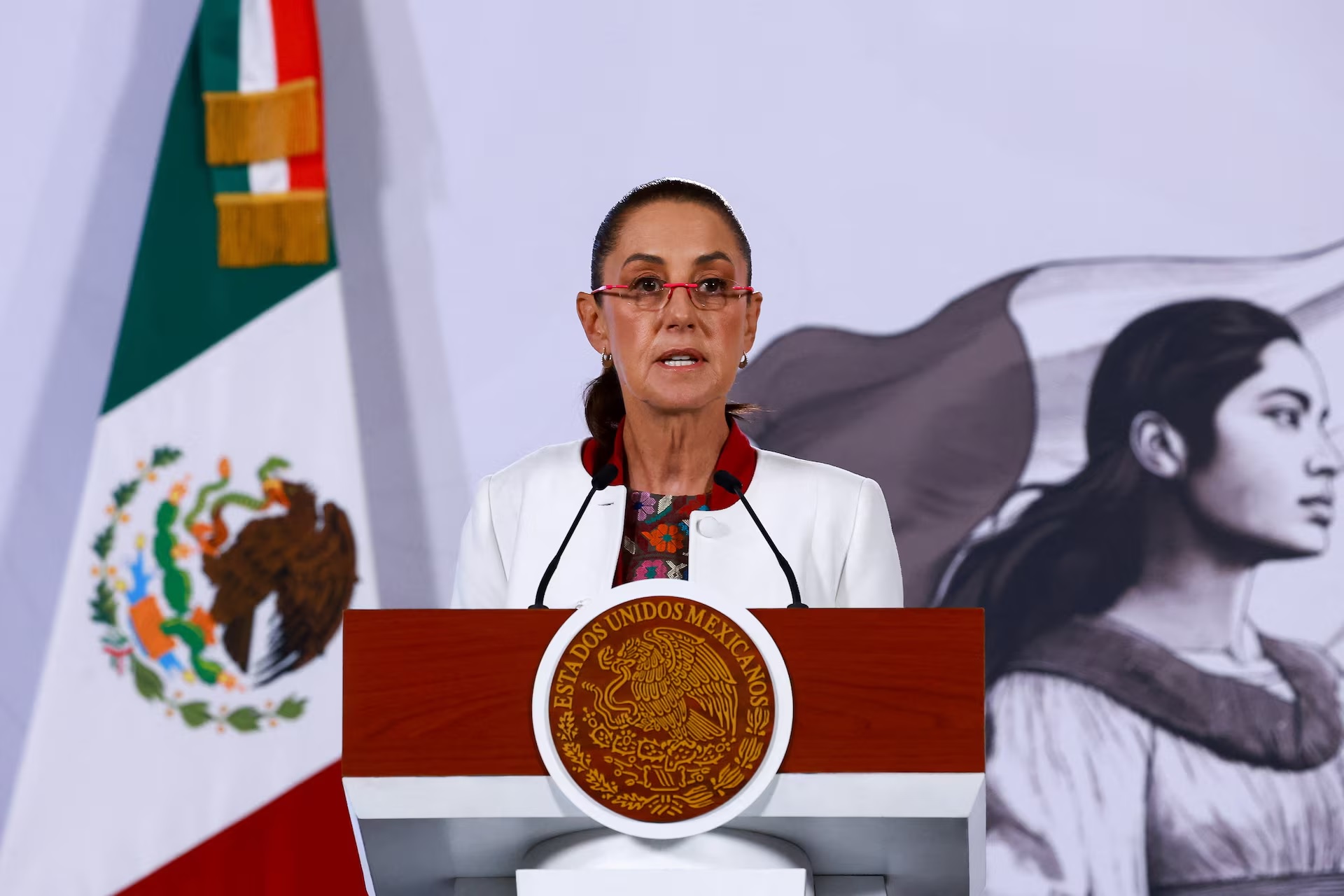WhatsApp Prepares Third-Party Chat Integration to Comply With EU Rules

New interoperability era for messaging in Europe
Meta is preparing to roll out third-party chat integration on WhatsApp across Europe, opening the door for users to message contacts on other apps from within the popular platform. The change is designed to comply with the European Union’s Digital Markets Act, which requires designated “gatekeeper” services to give consumers more choice and make it easier to switch providers. After months of testing, WhatsApp will soon allow opted-in users to exchange messages, photos, videos, voice notes and files with people on partner apps such as BirdyChat and Haiket. Meta says the rollout will begin in the coming months and will appear as a new option within the settings menu for European accounts.
The company stresses that the integration is voluntary and can be turned on or off at any time. Once enabled, third-party chats will be clearly separated from standard WhatsApp conversations so that users can distinguish which messages are covered by WhatsApp’s familiar protections and which depend partly on external services. Meta also notes that all third-party integrations will be required to match WhatsApp’s end-to-end encryption standards, a key concern as regulators push interoperability without weakening privacy. The move marks one of the largest practical tests yet of the Digital Markets Act’s ambition to curb the power of big tech platforms by forcing them to open core services to rivals.

Privacy, competition and the future of messaging
The new feature is likely to reshape how smaller messaging apps position themselves. Instead of asking users to convince friends to download yet another app, upstart services may be able to offer niche features—such as gaming, secure collaboration or community tools—while relying on WhatsApp as a bridge to mainstream contacts. For Meta, the change may help it avoid hefty EU penalties, but it also brings new technical and reputational risks. If a third-party app mishandles data or suffers a breach, regulators and users may still look to WhatsApp for answers, given its central role in the ecosystem.
Consumer advocates and competition experts will be watching how quickly new apps are approved, how transparent Meta is about integration terms and whether interoperability remains limited to a few partners or becomes genuinely open. For ordinary users, the experience may start simply, with a handful of compatible services and basic one-to-one messaging. Over time, group chats, richer media features and cross-app discovery tools could follow, provided companies can agree on standards and security. In Europe’s tightly regulated digital market, WhatsApp’s experiment will offer an early glimpse of what a more open, but still encrypted, messaging landscape might look like.






















